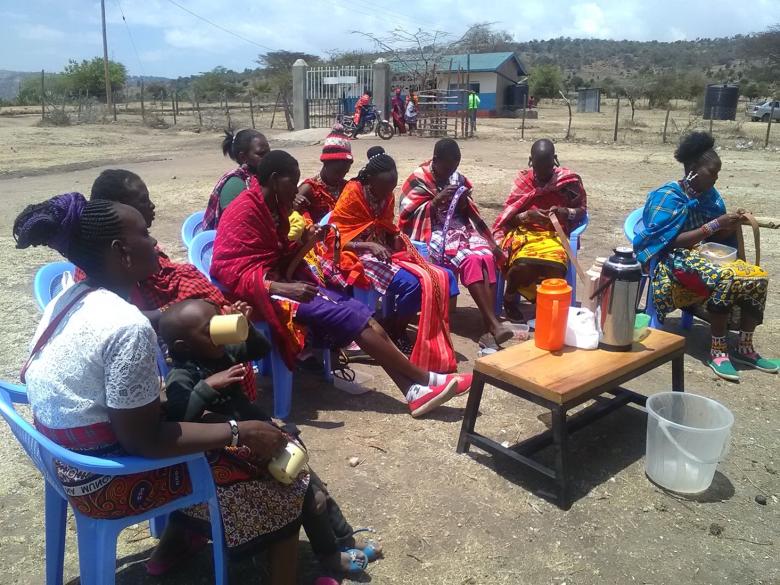
Eco-Friendly Leather Tanning and Manufacturing as a tool to improve livelihoods for women in pastoral communities of Tanzania and Kenya
Eco-friendly Leather Tanning and Manufacturing of leather products has been one of the best solutions for pastoral women living in the dry Savannahs of northern Tanzania and southern Kenya. Livelihood diversification for pastoralist women plays a key role increasing their resilience to environmental pressures. Pastoral women are often marginalized within their communities with limited access to alternative livelihood options and limited ownership of resources. In the pastoral communities, raw skins and hides are available at a low/no value, therefore introduction of skills and equipment for the vegetable tanning process increases the commercial value of non- processed skins. In line with capacity building and provision of equipment, this initiative also provided a good environment for market linkages in the two countries. The eco-friendly leather curing activity has created a livelihood option for women, an income generating activity and also introducing another livestock by-product in the pastoral community.

